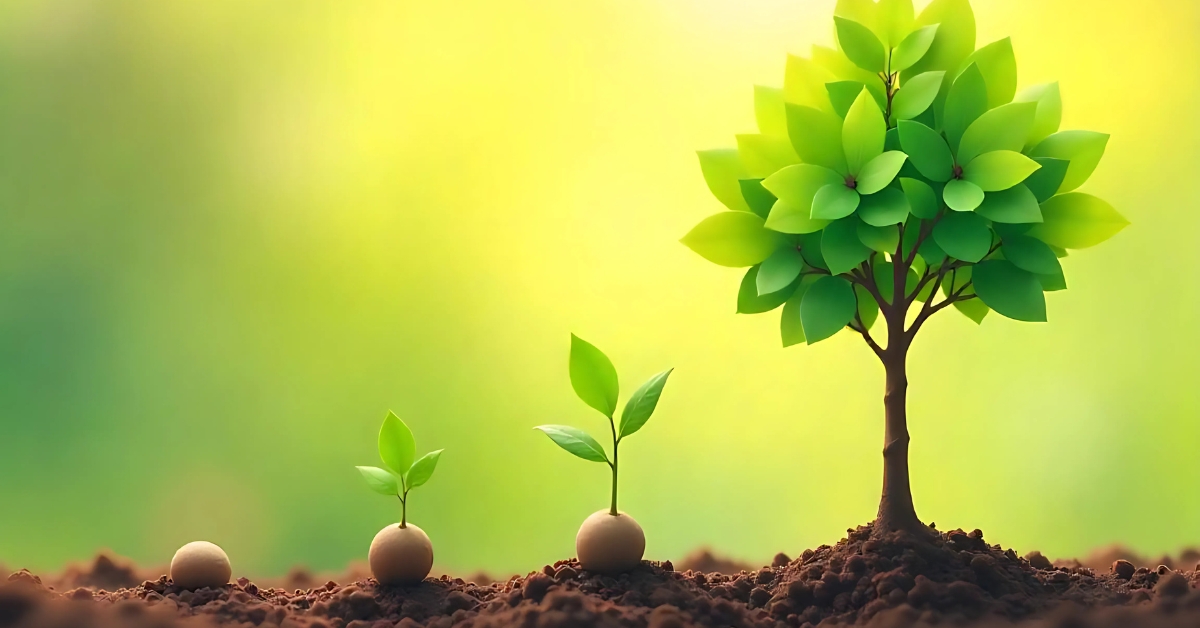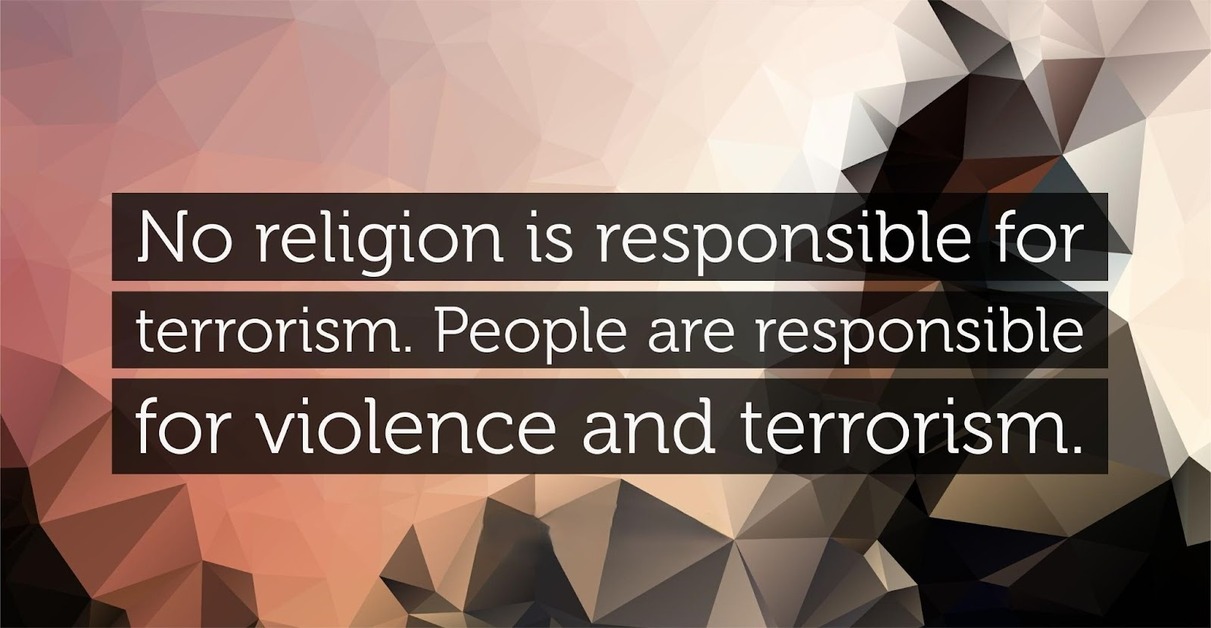In a world that often celebrates instant gratification, the ancient virtue of patience can seem like a forgotten art. But more than ever, we need to ask: Why is patience important for happiness? Does patience lead to success? Yes, the answer lies in how patience shapes our thoughts, relationships, decisions—and ultimately—our outcomes. Patience is not merely a passive waiting game but an active, powerful tool that is fundamental to achieving happiness and success in life. Whether you’re dealing with career delays, personal growth, or emotional stress, learning to pause rather than push can make the difference between breakdown and breakthrough.This blog will delve into why cultivating patience is crucial for a happy outcome.
The Power of Patience
The power of patience lies not in doing nothing, but in doing the right thing at the right time. Patience is a form of strength—it’s about choosing composure over chaos and wisdom over impulse.
“Patience is the road to wisdom.”
When life doesn’t go according to plan, our first instinct is usually frustration or fear. But often, the delay is working for us, not against us. Sometimes, what we see as waiting is actually preparation. That’s how patience leads to success—it gives space for better timing, better decisions, and better opportunities.
Benefits of Patience in Life
If you’ve ever wondered what are the benefits of being patient?, the list is vast. Here are a few of the most important benefits of patience in life:
- Better mental health: Patience lowers anxiety and emotional reactivity, improving peace of mind.
- Stronger relationships: Practicing emotional patience reduces arguments and builds empathy.
- Better long-term results: When we wait before making big decisions, we gain clarity and avoid mistakes.
- Stronger self-control: Resisting the urge for instant results leads to more rewarding outcomes in the long run.
Why Patience is Important in Life?
The importance of patience in life is particularly evident when facing hardships. Life inevitably presents trials and tribulations, and how we respond to them dictates our well-being. The book advises, “Know that, truly, with hardship there is relief”. It emphasizes that “One hardship cannot overcome two reliefs”. This perspective encourages us to see difficulties not as insurmountable walls but as temporary phases that will eventually give way to ease.
Patience provides the emotional resilience needed to navigate these tough times, fostering a sense of hope and fortitude.
Still wondering why should I practice patience in life? Because patience isn’t about waiting passively—it’s about growing during the wait.
How to Develop Patience?
Contrary to popular belief, patience isn’t just a trait you’re born with—it’s a skill. With practice, anyone can start developing patience.
If you’re asking, “How can I develop more patience?” or “How do I learn to be more patient?”, try these strategies:
- Change the story: See delays not as obstacles, but as redirections.
- Focus on breath and mindfulness: Slowing down physically helps mentally too.
- Practice gratitude: When you’re grateful for what’s here, you stress less about what isn’t.
- Use visual reminders: Post inspiring quotes or calming phrases in your workspace or home.
Learning how to develop patience takes commitment, but the results are worth it. It enhances your relationships, builds your resilience, and brings clarity during chaos.
So, how can one develop more patience? It comes from a deep understanding of preordainment and a genuine belief in the wisdom of divine timing. It’s about letting “events flow in their predestined path”. This doesn’t imply passivity or inaction, but rather a calm acceptance of what is beyond our control, allowing us to focus our energy on what we can influence – our attitude and our efforts.
Overcoming Impatience
Overcoming impatience is one of the biggest personal development challenges in today’s fast-paced lifestyle. But every time you resist rushing, you train your brain to stay calm.
Here are a few tips for staying patient during tough times:
- Set realistic expectations: Unrealistic goals lead to constant frustration.
- Celebrate progress, not perfection: A little progress is still progress.
- Take breaks: Step away from high-stress situations to recharge.
- Talk it out: Sharing feelings helps release mental pressure.
When you feel like giving up or forcing outcomes, remind yourself: sometimes the best things need time to mature—just like you.
Patience Leads to Better Results
When you rush, you risk it. When you wait with intention, you win.
So how does patience lead to better results? It gives you time to:
- Think strategically
- Respond with clarity instead of emotion
- Let opportunities evolve organically
- Avoid regretful decisions
From business to personal goals, patience helps you refine your path. Whether it’s a job interview, a personal milestone, or even resolving conflict, waiting with purpose usually delivers better outcomes than forcing a fast fix.
Patience and Happiness—A Virtue Intertwined
We often chase happiness through speed: faster success, faster healing, faster results. But here’s the truth: patience and happiness are deeply intertwined.
Impatience breeds tension, conflict, and dissatisfaction. Patience breeds calm, trust, and gratitude. When you give life the room to unfold, happiness finds its way in—naturally.
So, what’s the connection between patience and happiness? It’s this: happiness comes not from controlling everything, but from trusting that everything is working out, even if you can’t see it yet.
Here’s How Patience Leads to Success
Patience leads to success because it allows time for thoughtful decision-making, learning from failure, and steady progress—qualities that are essential for achieving long-term goals. Success rarely happens overnight; it’s often the result of consistent effort, resilience, and the ability to endure setbacks without giving up. By practicing emotional patience, individuals can stay focused through uncertainty and avoid impulsive mistakes that derail progress. Patience also builds discipline and perseverance, which are key traits in turning ambition into achievement. Whether in career, education, or personal growth, developing patience ensures that efforts are strategic, sustainable, and ultimately more rewarding.
Wait Patiently for a Happy Outcome
In Islam, patience (ṣabr) is not just a moral value—it is a deeply spiritual act of devotion and trust in Allah’s wisdom. Even the greatest prophets endured hardship with patience, knowing that relief comes with faith and steadfastness. The Quran frequently reassures believers that
“The best form of worship is to wait (patiently) for a happy outcome.” (Qur’an 11:81)
This quote emphasizes that patience brings divine support, mercy, and reward. When believers face trials, delays, or heartbreaks, they are taught to view these moments as a test and an opportunity for spiritual elevation. The story of Prophet Yusuf (peace be upon him) stands as a powerful testament to how enduring trials with patience leads not only to success but also to healing, justice, and honor. Trusting in Allah’s plan while exercising patience allows a person to surrender the need for immediate answers, knowing that every difficulty holds hidden blessings and a path to greater peace and purpose.
Final Thoughts: Patience is the Real Path to Peace
Why waiting can be good for you—The value of patience is immeasurable. Patience doesn’t just change what happens around you—it changes you. It cultivates wisdom, emotional strength, and resilience. It brings clarity in confusion and serenity in chaos.
So if you’ve ever asked, “Can patience really change outcomes?” The answer is yes—because patience changes you.
As you go forward, remember:
- Why is patience important in stressful situations? Because it prevents impulsive choices.
- How does patience help in achieving success? It lets your skills, decisions, and timing align properly.
- Why should I practice patience in life? Because your happiness, peace, and relationships depend on it.
So breathe deep. Let go of the rush. And trust that in patience, something beautiful is unfolding.








